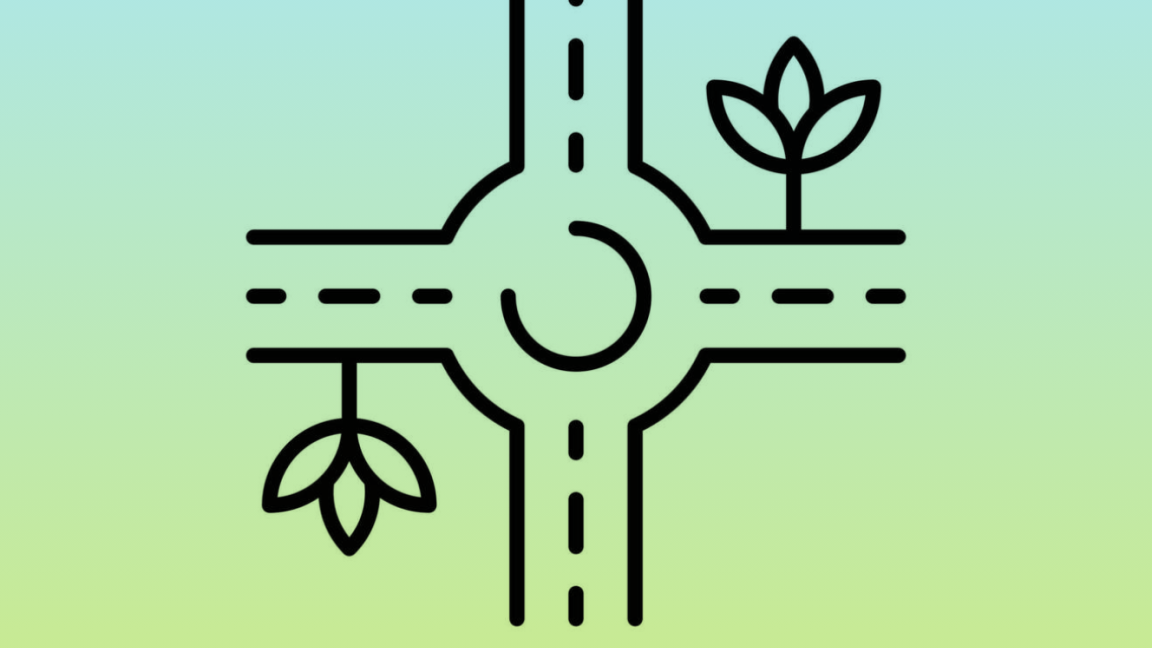Sustainable mobility creates opportunities – for people, the climate and the economy. We promote sustainable mobility transition with our partners across the globe.

Mobility transition
The future of mobility is climate-friendly, safe and available to all. We support the transition to sustainable transport systems worldwide – with clean drive systems, intelligent concepts and socially just solutions.
Rethinking mobility
Transport is a paradox of our time: it generates prosperity, employment, and new prospects for people – but also impacts the climate, our health and the environment. The mobility transition therefore requires a fundamental shift: away from car-centred transport planning and fossil fuels to climate-friendly, safe and inclusive mobility for all.
Climate action with a global impact
With 23 per cent of global energy-related CO2 emissions, transport is a major driver of climate change. Road traffic alone is responsible for 70 per cent of these emissions.
In developing countries and emerging economies, transport is growing rapidly. We can avoid a significant amount of emissions if we set the right course early. Investments in climate-friendly mobility are especially effective in these countries and are often less costly than in industralised countries.
We work with our partners on:
- Attractive local public transport
- Efficient transport planning
- Clean drive systems
These investments have a two-fold effect: they improve air quality locally and the climate globally.
Our guiding principle: avoid, shift, improve
Our work is guided by the ‘Avoid-Shift-Improve’ approach – a proven concept for sustainable mobility.
- Avoid: reduce unnecessary transport.
- Shift: switch to environmentally friendly modes of transport.
- Improve: Make the remaining transport more efficient and clean.
In concrete terms, we advise partners worldwide in making urban planning more compact, expanding bus and rail systems, boosting cycling and walking, and switching to electromobility. We thus not only make mobility more climate friendly, but also safer and more equitable – for today’s generation and generations to come.
Shaping mobility for all
We work closely with authorities, transport operators, universities, businesses and the population. Inclusion is especially important to us: women, children, older people and people with disabilities often face particular barriers to mobility. We support our partners in making transport systems barrier-free and accessible to all.
Economic strength through sustainable infrastructure
Good transport infrastructure is the backbone of economic growth – locally and globally. We support our partner countries in building modern and efficient freight transport systems and developing strategic trade corridors.
This also strengthens German businesses: a good infrastructure strengthens global supply chains, secures access to raw materials and opens up new markets – including for intelligent transport and logistics solutions that are ‘made in Germany.’ Strategic mobility partnerships therefore promote Germany as an industrial nation.
Partnerships for sustainable solutions
We offer advice on developing reform programmes and financing concepts. We also support access to international funds such as the Green Climate Fund. Our work is embedded in international partnerships and initiatives that promote the shift to sustainable mobility worldwide: